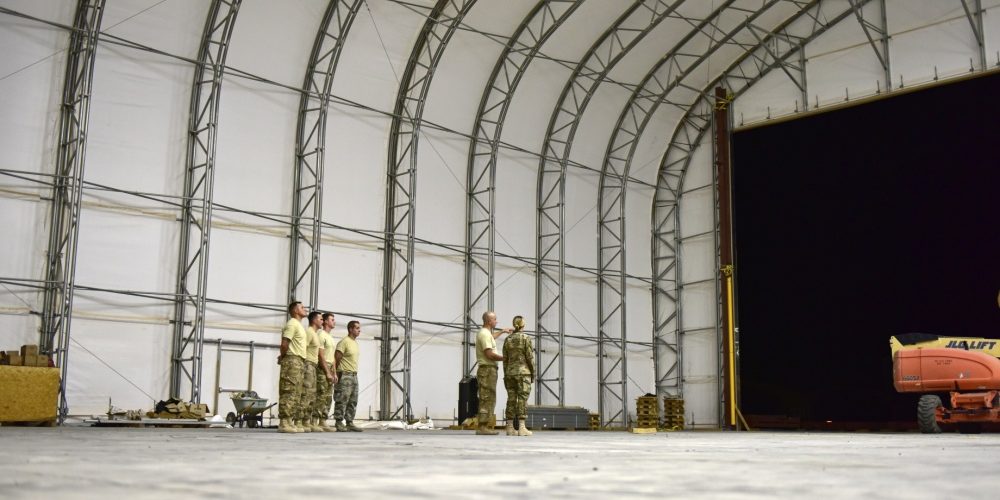Modern networked computing systems are becoming increasingly more complex. The recent explosion of the Internet of Things (IoT), ranging from mobile embedded devices to large scale Cloud-orchestrated services has added significant challenges to the standard administration tasks associated with securing and managing networked services. The underpinnings of traditional Cloud services such as infrastructure as a service (IaaS), Platform as a service (PaaS), and System as a Service (SaaS) has evolved through augmentation of layered virtualization technologies coupled with novel service orchestration methodologies. Traditionally, type-1 hypervisor solutions have existed at the heart of IaaS. Docker is a fairly new and widely adopted application management platform that works with underlying Linux Containers (LXC) available in a contemporary kernel to aid productivity of tasks associated with software development, and application distribution and deployment. Unikernels are a novel technology that enable specialized single address space machine images in which services are built from a modular stack of libraries necessary for the service to run. A unikernel-based service consists of the minimalist set of libraries compiled together with the application code to produce sealed, fixed-purposes service images which can run without an intervening host operating system, directly on hardware, on a hypervisor, and from within a Docker container image.
In this presentation we will provide a brief background, and the evolution of the core architectural components present in current and next generation Cloud enabled services. We will consider the challenges associated with management functions, including the benefits and consequences of unikernel-based services relative to security, general administration, and service deployment.


